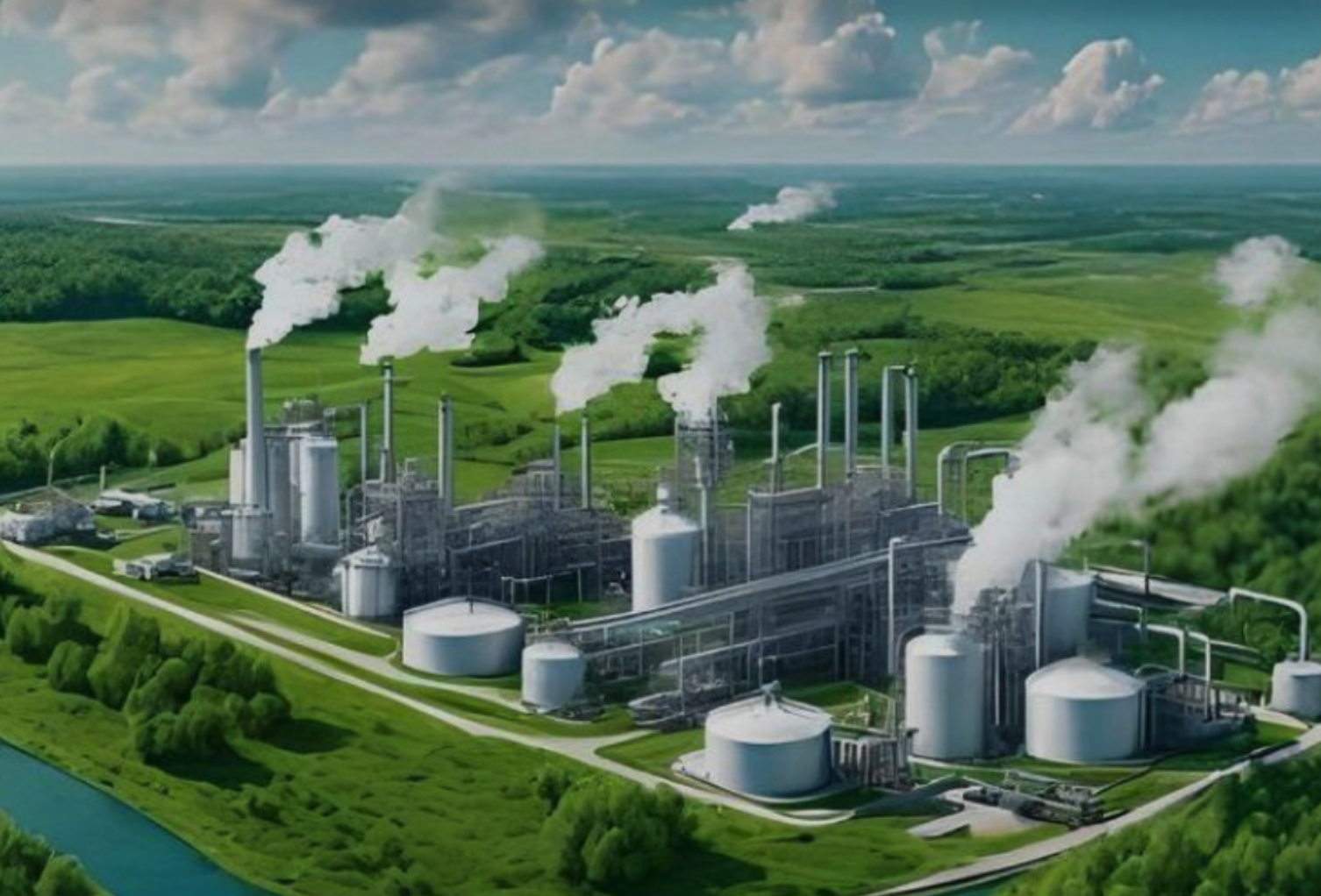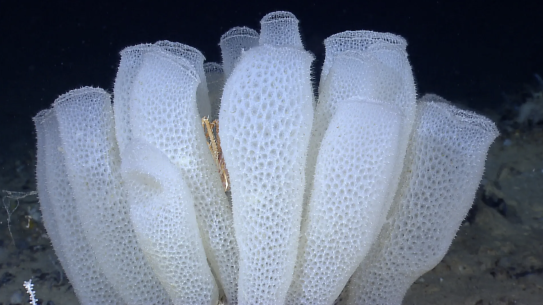Making Sustainable Societies
Engineering holds the key to a greener, healthier future, and NYU Tandon engineers are working to develop comprehensive and tangible ways to address the vast array of environmental challenges now facing the world.
Home to a robust Sustainable Engineering Initiative, Tandon is focused on helping society thrive today, while ensuring the well-being of future generations.

It's electric!
With so many of the items we interact with in our daily lives — from soaps and fertilizers to pharmaceuticals — petrochemicals — deriving from products of the chemical industry, the sector has become a major source of economic activity and employment for many nations, including the United States and China. However, as the global demand for chemical products continues to grow, so do the industry’s emissions. These emissions are approaching a tipping point, and the companies responsible for creating these necessary products are increasingly looking at options to help offset their pollution outputs.
A new research organization was recently launched to tackle the most daunting task looming over the industry: How to make industrial chemistry — especially petrochemistry — greener and more sustainable, partly to meet the escalating demands of these greenhouse emission regulations. The multi-institutional effort is called Decarbonizing Chemical Manufacturing Using Sustainable Electrification, or DC-MUSE, founded at NYU Tandon and directed by Professor André Taylor (CBE, SEI).
Last year, Miguel Modestino (CBE), the inaugural director of the School’s Sustainable Engineering Initiative — recognized that young entrepreneurs whose work involves chemical processes face enormous burdens, since the wet benches and fume hoods they need are expensive and not readily accessible to most — decided to open his lab facilities to select start-ups.

The latest founder to take him up on that offer is Marissa Beatty, the CEO of Turnover Labs. Beatty was named to the 2024 Forbes “30 under 30” list, and the publication praised her start-up’s efforts to move the chemical industry away from its reliance on petroleum-based chemical building blocks by providing carbon-neutral alternatives forged out of CO2 and renewable electricity.
Water, water, everywhere
NYU Tandon researchers achieved a major breakthrough in Redox Flow Desalination (RFD), an emerging electrochemical technique that can turn seawater into potable drinking water and also store affordable renewable energy. Led by Professor André Taylor (CBE, SEI), the team increased the RFD system’s salt removal rate by approximately 20 percent while lowering its energy demand by optimizing fluid flow rates.
Ph.D. candidate Luana de Brito Anton is making a splash in the world of water systems. The recipient of a scholarship from the New York Water Environment Association, she studies the light-driven degradation of pesticides in water.
The Venus flower basket sponge, with its delicate glass-like lattice outer skeleton, has long intrigued researchers seeking to explain how this fragile-seeming creature’s body can withstand the harsh conditions of the deep sea where it lives. Now, new research by an international team that includes Institute Professor Maurizio Porfiri (MAE, BME, CUE, CUSP) reveals yet another engineering feat of this ancient animal’s structure: its ability to filter feed using only the faint ambient currents of the ocean depths, no pumping required.

Waste not
Efforts to handle the staggering amount of plastic pollution have intensified in recent years, with researchers exploring innovative solutions such as harnessing the power of microorganisms and enzymes for PET degradation. However, existing enzymes often fall short in terms of efficiency, especially at temperatures conducive to industrial applications.
Enter cutinase, a promising enzyme known for its ability to break down PET effectively. In a recent study, Professor Jin Kim Montclare (CBE, SEI) and her colleagues have presented a novel computational screening workflow utilizing advanced protocols to design multiple variants with improved PET degradation capabilities.
The e-commerce industry, which has seen remarkable growth over the past decade, experienced an even more accelerated surge in the wake of the COVID-19 pandemic. This exponential rise in online shopping has triggered a corresponding boom in the parcel delivery sector. However, a glaring gap exists in our understanding of the extensive social and environmental repercussions of this burgeoning industry.

To bridge this knowledge void, NYU Tandon researchers led by Institute Associate Professor Joseph Chow (CUE), the Deputy Director of C2SMARTER, a U.S. Department of Transportation Tier 1 University Transportation Center, have proposed a comprehensive model to study the multifaceted impacts stemming from the parcel delivery surge.
Something in the air
A comprehensive study on New York City’s subway air quality has revealed that longer commute times lead to higher exposure to hazardous air pollutants, a problem that disproportionately affects minority and low-income communities who endure more prolonged and frequent travel through the system.

The researchers, who included Professor Masoud Ghandehari (CUE, C2SMARTER) and doctoral alum Shams Azad, modeled subway riders’ typical daily commutes to determine exposure to particulate matter — tiny particles suspended in the air that, when inhaled, can enter the lungs and potentially the bloodstream, causing a range of short- and long-term health complications.
New York State has set a target of 100 percent clean electricity by 2040. Along the way, it aims to create 9,000 megawatts of offshore wind by 2035 — with the necessary transmission infrastructure to ensure continued electric reliability and with much of that power connected directly into NYC.NYU Tandon is doing its part to make those goals a reality. The School helped to launch the Offshore Wind Innovation Hub, dedicated to identifying and developing promising start-ups to drive new innovations in the offshore wind industry.


